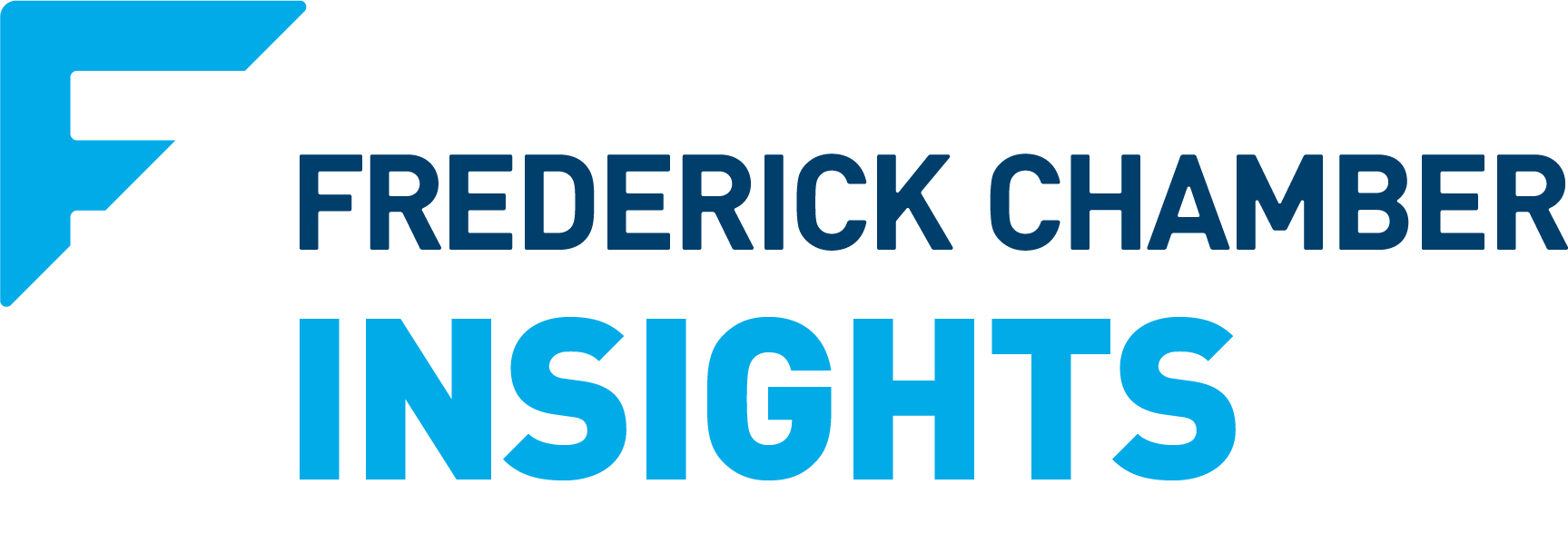
That means that if you can improve on one thing, it should be your organizational communications. The benefits are tangible and measurable.
5 Things You Don’t Have to Know to Be a Successful Project Manager
1. How to blame
Well, as with most things, if you do a great job of project management, you won’t be looking for blame –you’ll be looking to give credit. And hopefully you’ll be looking for ways to shine the light on your team! When things do go wrong – and it is almost a certainty that they will – you will need to find solutions quickly. The first place to look for answers is your team! They will be far more receptive to your problem-solving approaches when, rather than blame, the focus is on making decisions and finding solutions.
2. How to make excuses
See number 1. Also, one of your primary functions is to remove excuses. Often called obstacles, challenges, roadblocks, and reasons, they are all impediments to the success of your project and your job is to neutralize them, or even turn them into opportunities for your team. How do you find them? There is a popular way of doing this in the project management world; the daily standup – a daily meeting in which the participants stand and answer three questions. What have I done since yesterday? What will I do by tomorrow? What will get in my way? These three simple questions hold each team member to be self-accountable and the answers to question number three provide the team leader with their priority tasks. Remove impediments to the progress of the team!

3. How to interrupt your team
In fact, one of the most valuable skills you can learn is how to protect the time of your team members! If you do this, they will see it and they will respect you for doing it. Why? Because it is rare. And the reason it is rare is because it is difficult. It is difficult because in many cases the people from whom your people must be protected are your bosses or folks who have power. They may be in marketing or sales, dropping by to add a few requirements. Or they may be a program manager just needing a few minutes with one of your staff, just to get their opinion. Or invite them to a meeting. Or give them an assignment to help them “get ahead” on their next project. Time thieves all! You must keep them away from your team. The trick is doing it in a way that allows you to keep your job and not make enemies, because you are likely to need these power brokers long before they need you.
So yes, protect your team from time thieves but provide people with the things they need. If they need your team members, negotiate it in a way that allows long intervals of uninterrupted time on your project. If new requirements need to be discussed with the sales and marketing folks, then add them to your daily or weekly meeting so that their needs and ideas can be discussed in the proper format. And if your executive team is asking you for information, shame on you! You should be providing what they need before they ask for it. Find out what they need and when they need it and get it to them.
4. How to withhold information
Sharing knowledge is critical to success. We have already discussed the fact that improving communications will almost certainly improve results in every measurable area. Project management communications techniques include optimizing the use of technology through collaborative software and integrated networking hardware. There are also documented best-practices1 defining communications methodologies used to manage teams of all sizes, collocated and distributed, and across time zones and language boundaries. It is a matter of planning and continuously monitoring and adjusting to meet the particular needs of your project environment.
5. How to guess
Yes, you will want to know how to estimate and you will need to understand that an estimate is not a guess. While ‘accurate estimate’ may be an oxymoron, being a reliable estimator is most definitely not a paradox, in fact it is a fundamental skill for project managers. There are project management techniques such as ‘three-point estimating’1 that give us a statistical range allowing establishment of contingency for risk management while also providing a probability of success range that enables data-based decision making – the opposite of a guess – which will be greatly appreciated by your executive management!
So, Why Should We Concern Ourselves with Project Management?
Project management success is often described as meeting requirements within budget and on schedule. An additional aspect that should not be excluded is employee satisfaction and retention. Project team members are often working in a stressful environment under extreme pressure. Project management techniques can be used to reduce stress through adept application of interpersonal skills and by facilitating an environment that encourages creativity and enables motivation.
Project management skills are not only transferable across industries and professions, they are absolutely critical to success in every career! Your ability to communicate, negotiate, and navigate the complex world of evolving expectations, revolving requirements, and omnidirectional pressures, will impact your leadership effectiveness, whether you are a technical project manager, supervisor, or front-line leader. Careers often consist of a series of transitions, from individual contributors to team leaders to managers of larger and more complicated projects, programs and teams. As we progress we find that we rely increasingly on the performance of others. Whether they report to us formally or informally, or are external to our team, we need to influence, motivate, cajole and convince people to support our causes and reach for the stars!

Success in project management relies on a unique combination of managerial (hard) skills and people (soft) skills. Those are skills that will help you in every facet of your life. Finding the right balance between your professional and personal life will help you reduce stress. Learning to manage the delicate balance between delegation and micro-management will lead you to success in whatever career path you have chosen! The world of project management is a unique, challenging, and exciting cosmos in which the continuous balancing of skills, time and resource management are essential to survival and success.

David B. Newman, PMP, PMI-ACP, SPHR, ITIL and Lisa Hammer, PMP, are co-founders and principals of Leadership Techniques, LLC. Specializing in leadership and project management training and consulting, their public speaking experience has been expanded to include selection into an elite group of instructors delivering multiple courses for PMI SeminarsWorld®, a series of professional seminars which are held annually in various cities throughout the United States and internationally.
Frederick Chamber Insights is a news outlet of the Frederick County Chamber of Commerce. For more information about membership, programs and initiatives, please visit our website.

